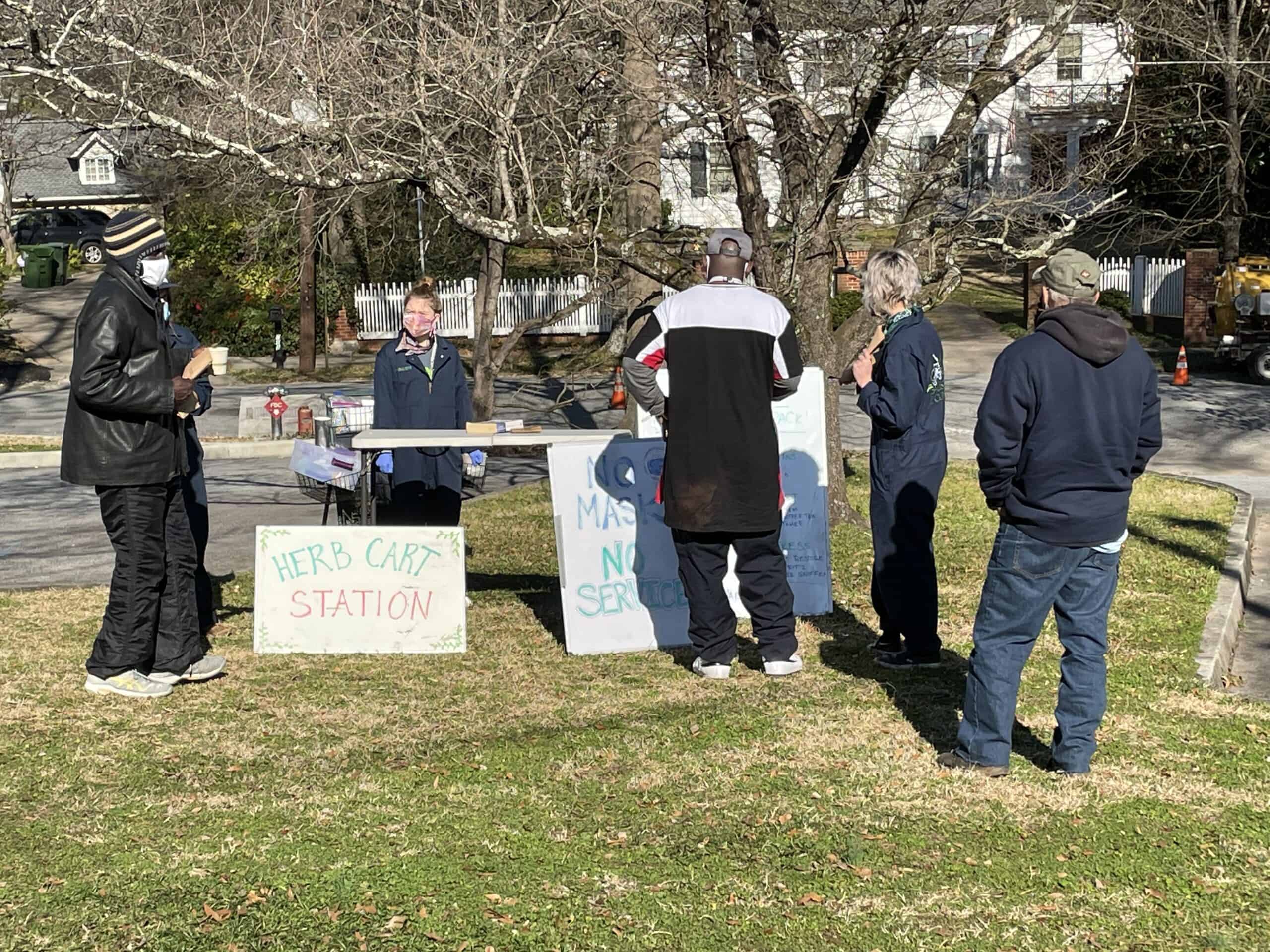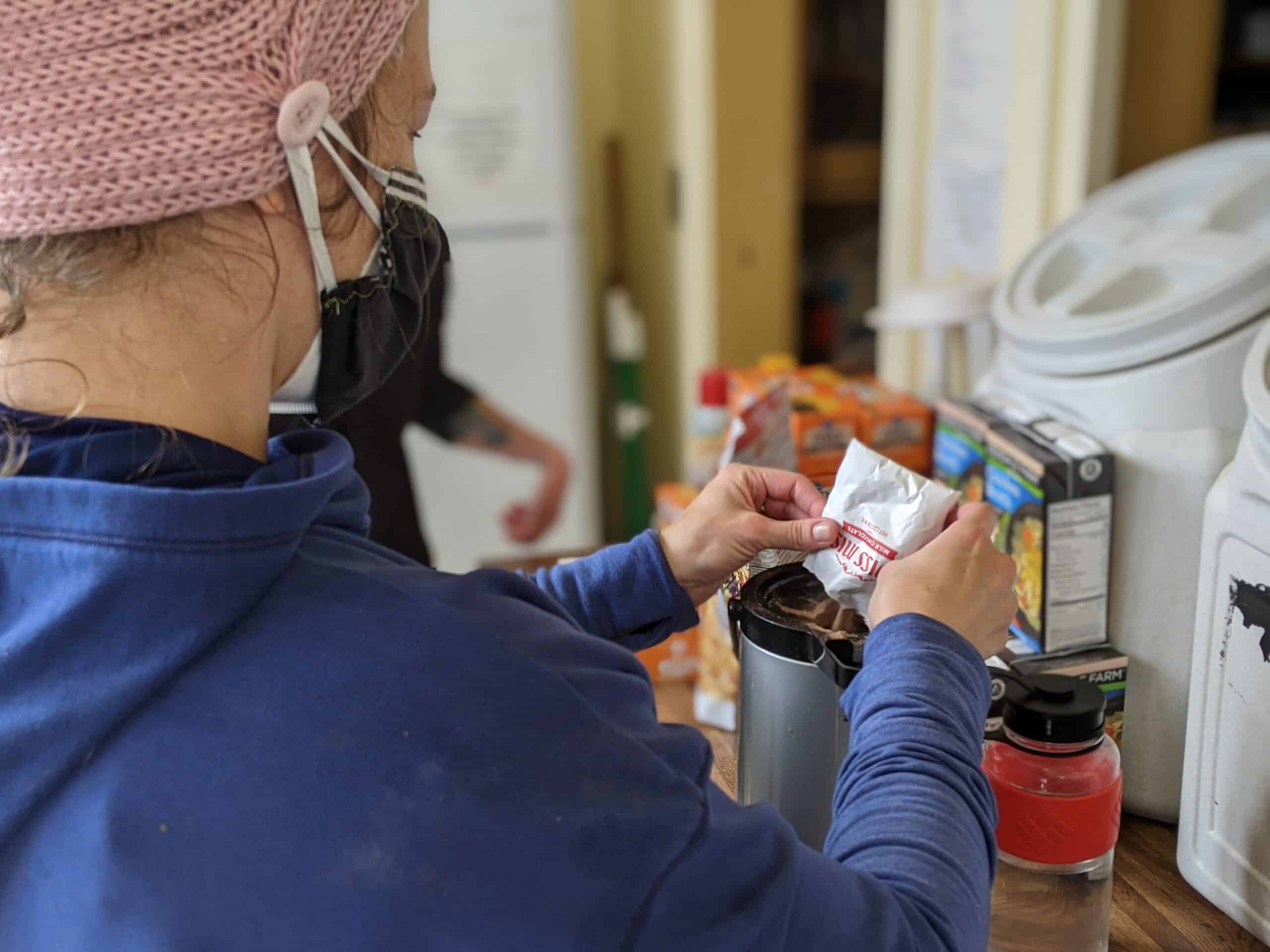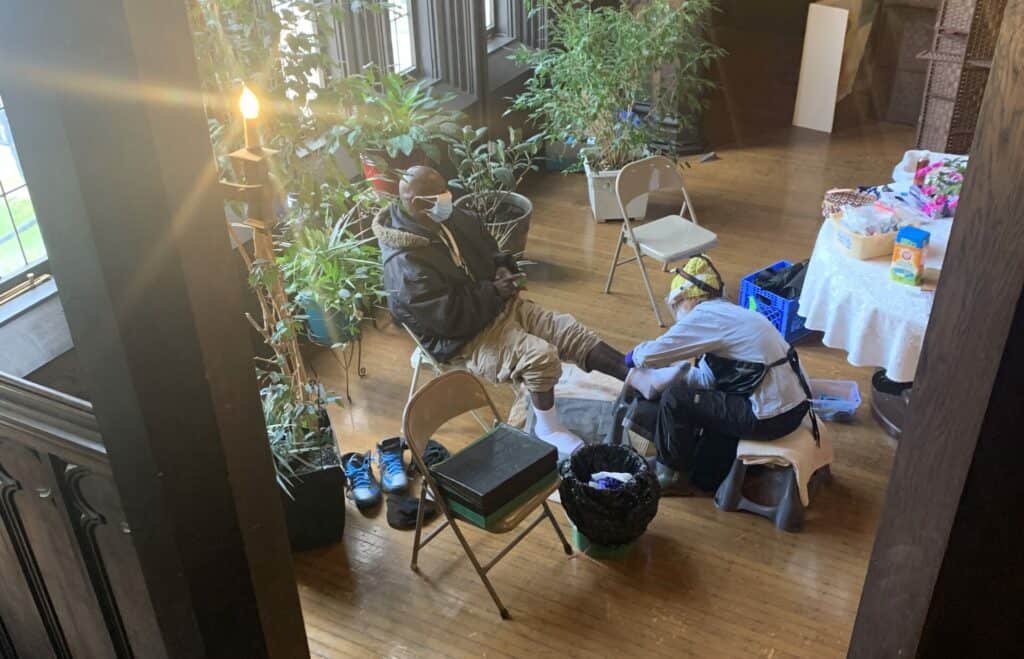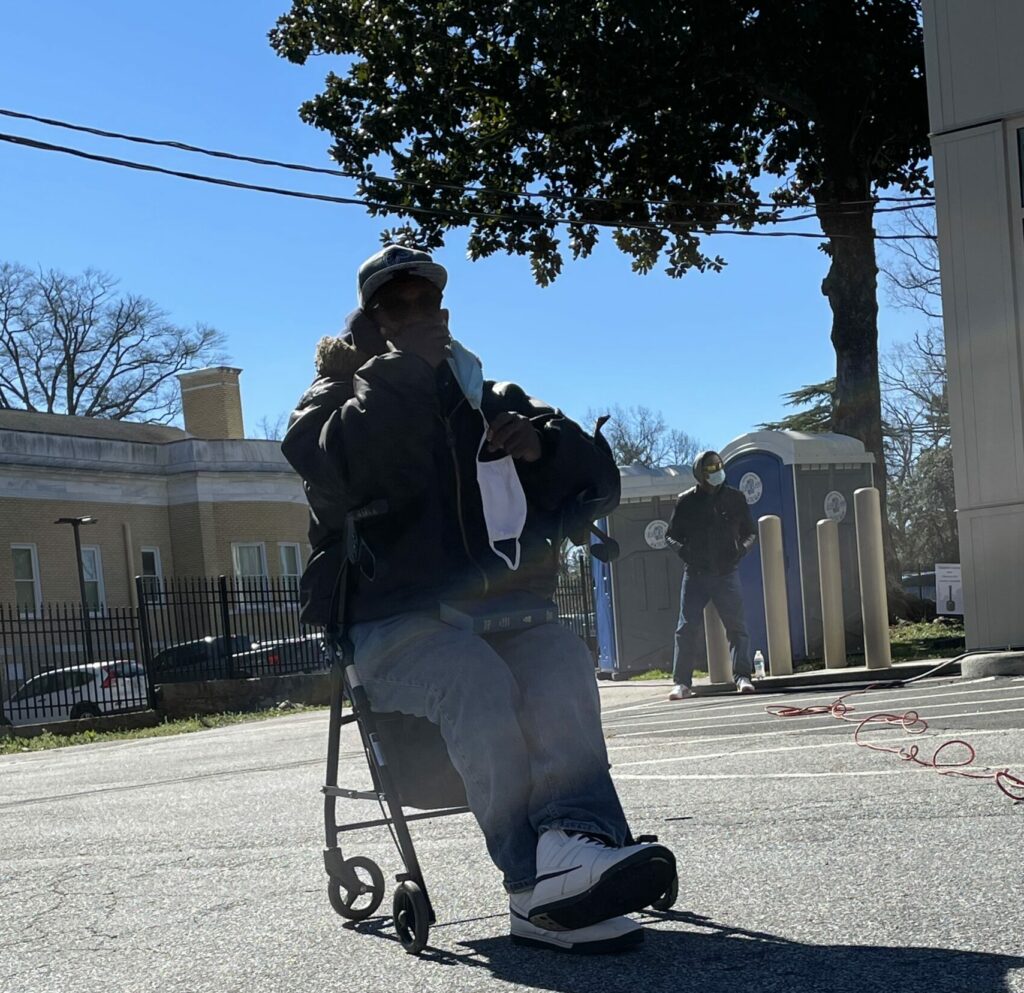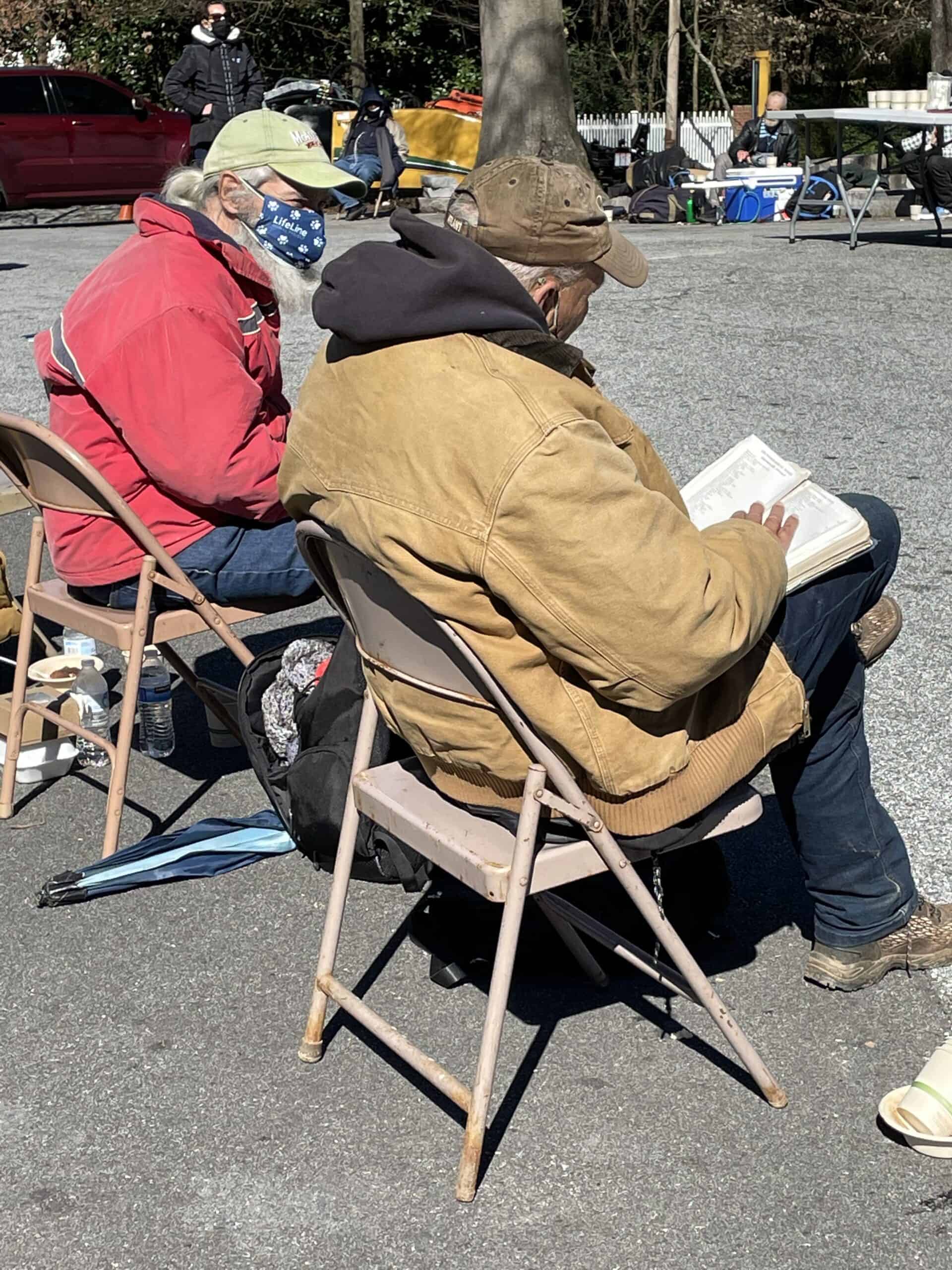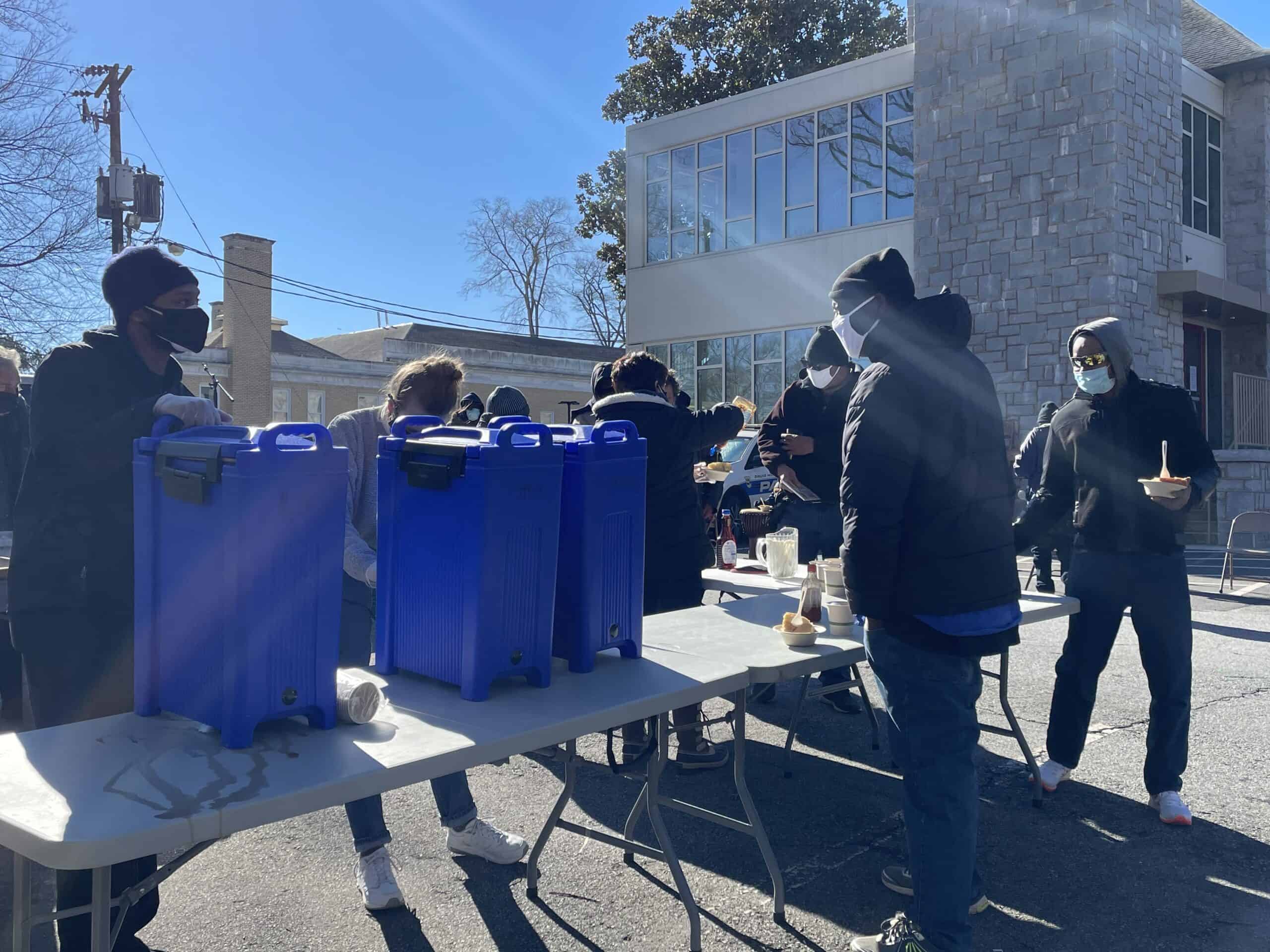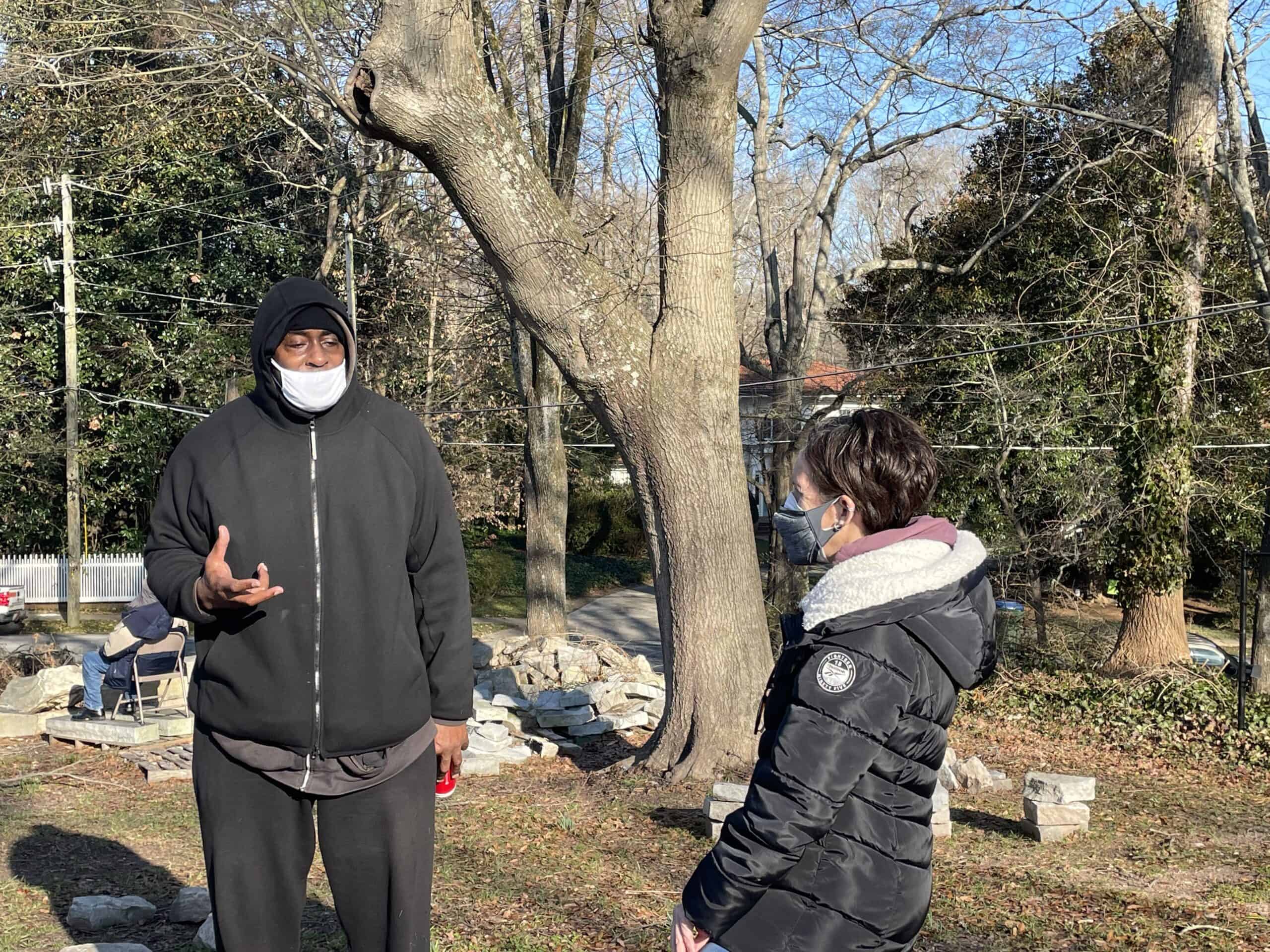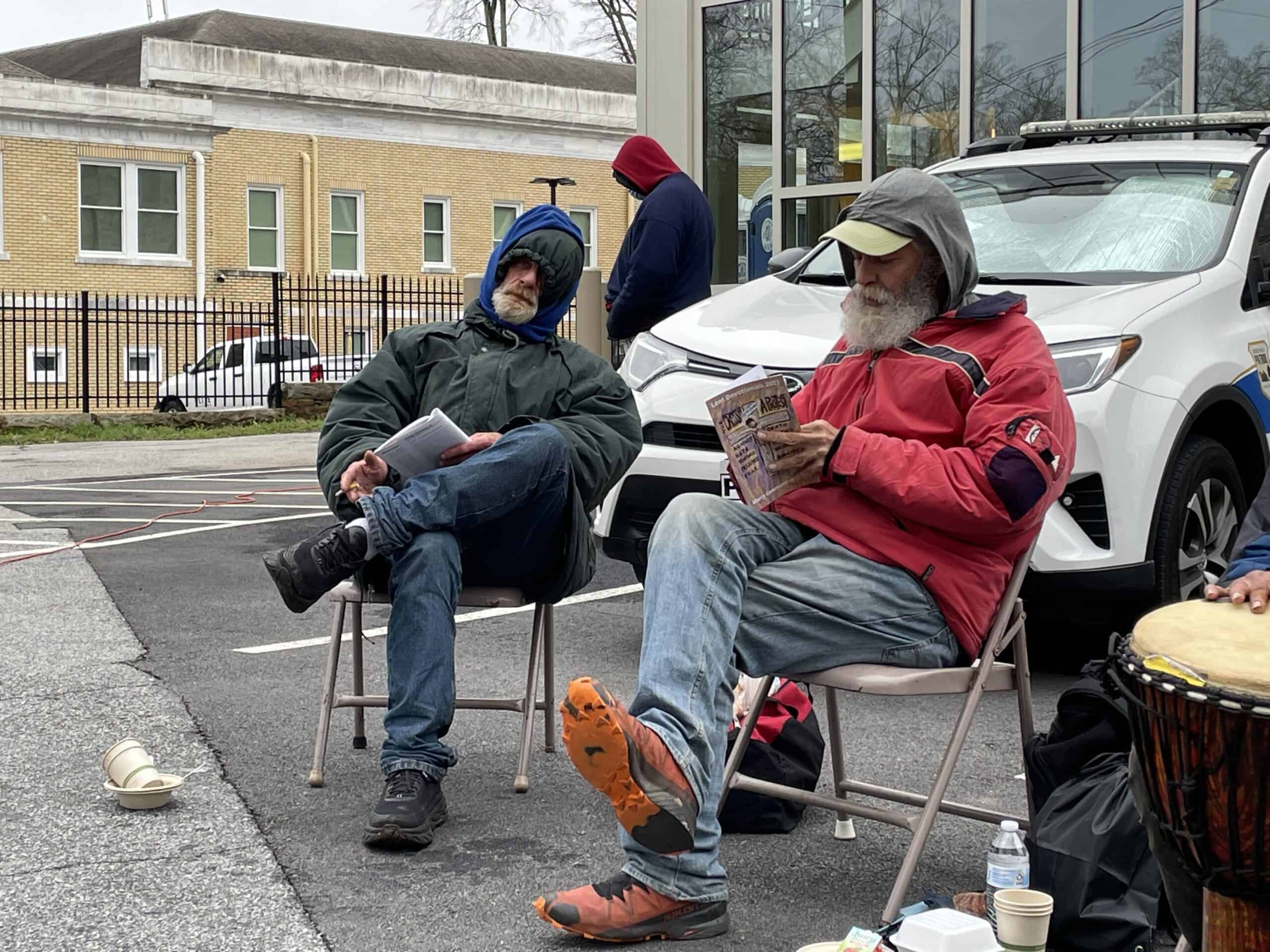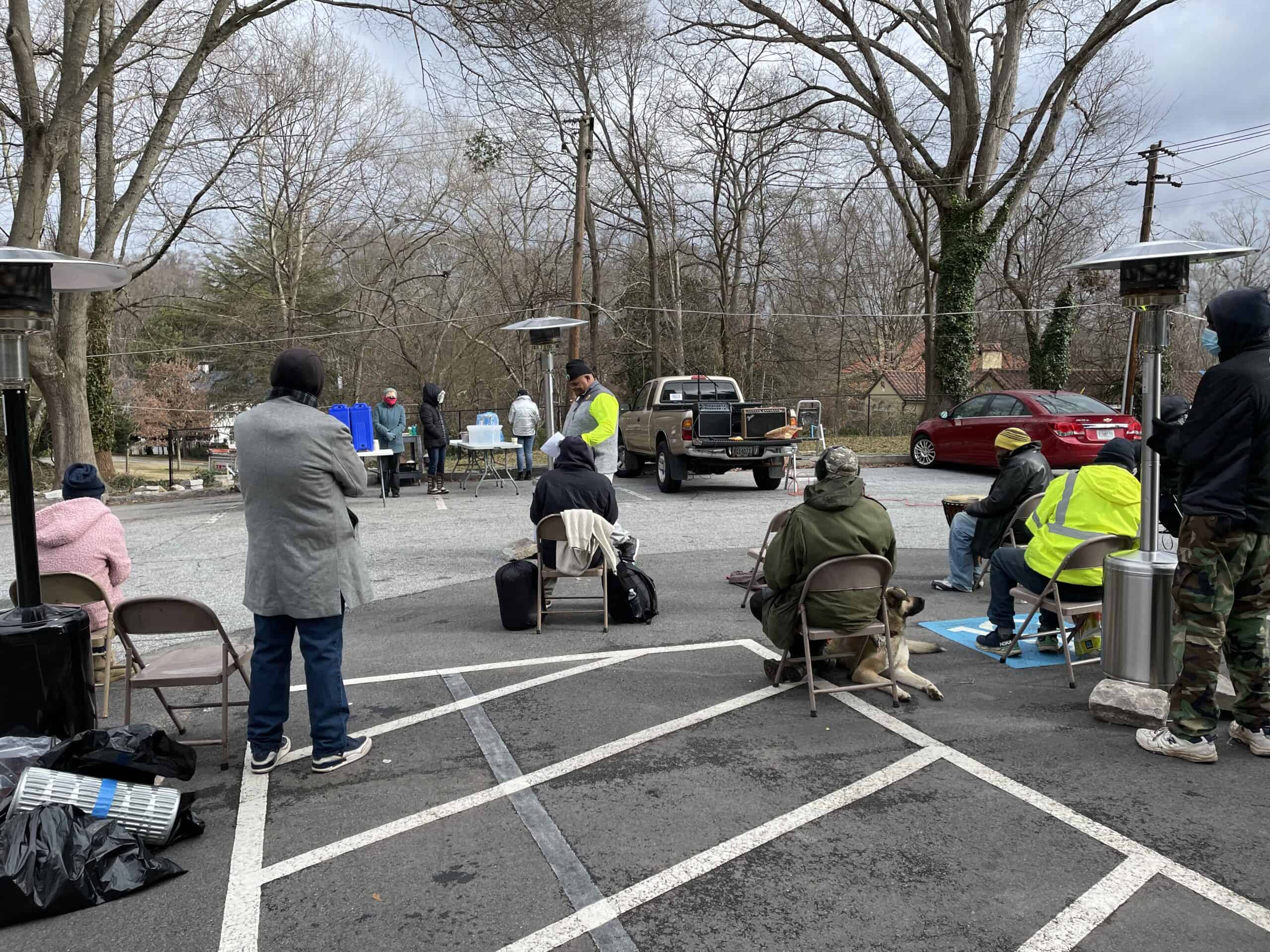Author Bethany Apelquist
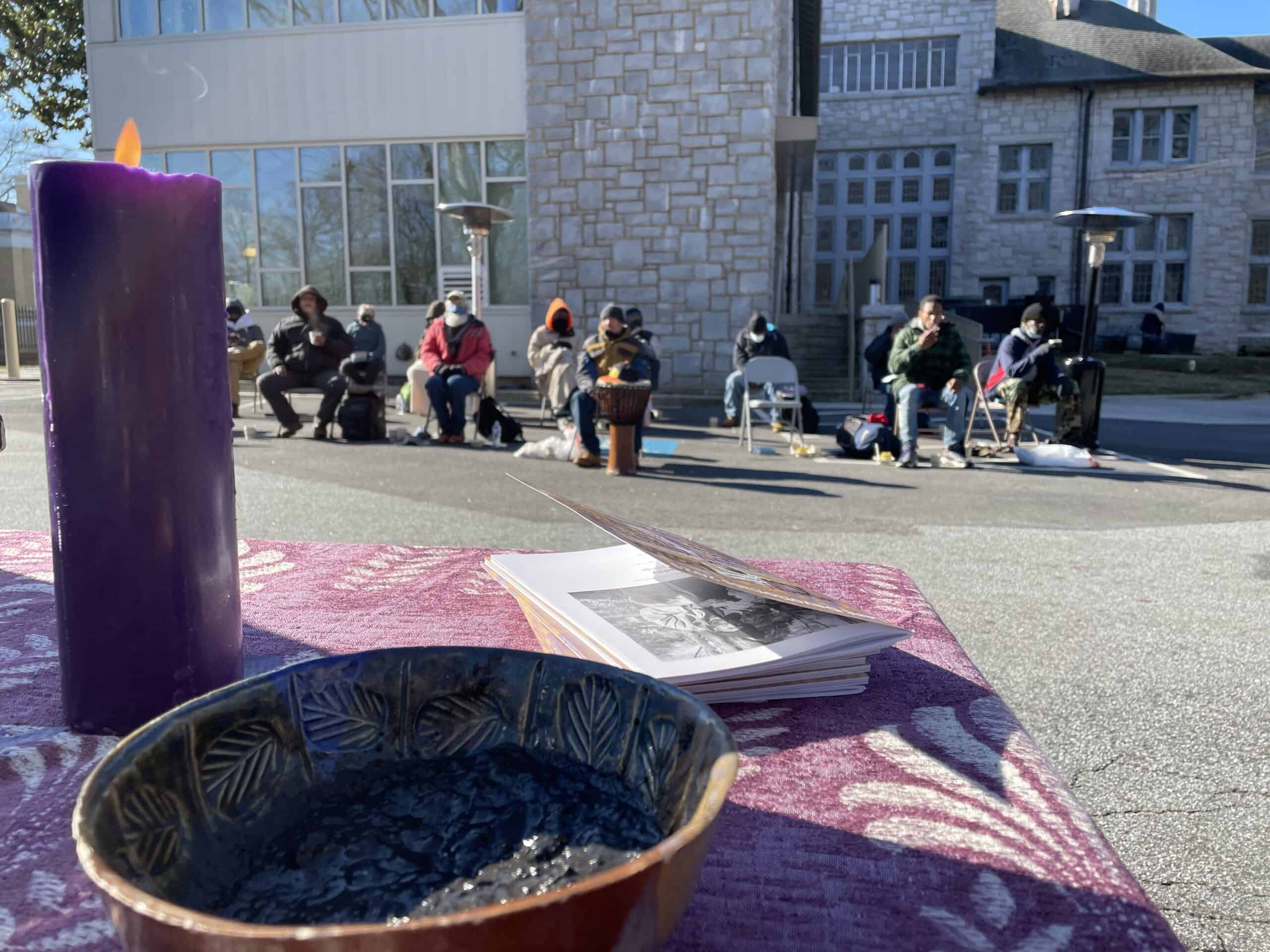
Romans 4:13-25
Reflection: v.18, ‘hope against hope’
Do we have a reason to hope? I don’t know about you, but sometimes I look around and I think the odds are stacked against us. I can’t help but feel a little bit of despair, especially after this hard year. We’ve just started, but it feels like the season of Lent, the season of mourning, the season of waiting in darkness has gone on for a long time. We are in the midst of the longest night we have collectively experienced. Did Abraham and Sarah have a reason to hope? God had made a promise to Abraham, but it seems that the odds were stacked against them, too. He was 100 years old, and Sarah was barren. Yet Paul says that Abraham had hope against hope. There was something deep within Abraham that believed in God’s promises, that believed in God’s faithfulness. I think that if we look towards Jesus in this season, we, like Abraham and Sarah, will find hope against hope. Make no mistake, hope is a bold and brave choice, a choice that believes that God is moving in our world, that believes that God is indeed faithful. To have hope can look reckless to some. Hope is a choice that moves and stirs us, a choice that will change the world. Hope looks like sharing a meal, refusing to accept that some will go hungry. Hope looks like tending wounds, rejecting that healthcare is just for some. Hope looks like singing loudly, believing that joy is for all. To have hope is to look at that which is broken and believe that redemption is possible. Most importantly it is hope that helps us believe that death will never have the final word, it is hope that believes that resurrection is just around the corner even on the longest nights.
Prayer God of hope, be present to us on the longest nights, and let hope break like the dawn!

